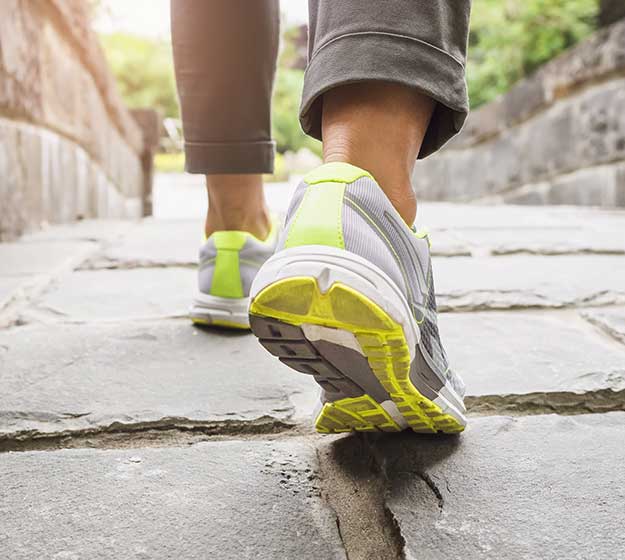
Fortunately, hemorrhoids can be prevented by several straightforward dietary and lifestyle changes.
Hemorrhoids are a normal part of the human body. They help prevent stool from leaking out of the anal area and protect fragile blood vessels in the rectum.
- Hemorrhoids turn problematic when the tissue becomes thin, enlarged, swollen, and irritated.
- Symptoms range in severity; some are mildly uncomfortable, while others can be extremely bothersome.
Generally, enlarged hemorrhoids are caused by chronically-increased pressure in the anal and rectal area. Constipation, obesity, pregnancy, prolonged periods of sitting, and heavy lifting can all increase pressure, leading to “varicose veins” of the rectum.
The goal is to keep stool soft and decrease pressure in the anal area as much as possible. Keeping stool soft is important; as the stool passes out of the body, hard and dry stool can irritate sensitive areas. Softer stool also minimizes straining. (Holding your breath and straining increases anal pressure. Over time, this can cause enlarged hemorrhoids to form.)


Dietary Tips
- Increase fiber intake: Many people do not get enough fiber in their diet. Increasing dietary fiber is an excellent way to help prevent hemorrhoids. Fiber helps prevent constipation by bulking up the stool and encouraging regular bowel movements. Fiber is mainly found in fruits, vegetables, whole grains, legumes, and nuts. Fiber supplements may also be necessary. The current daily recommendations are 25 grams for women and 38 grams for men.
- Drink plenty of water: Getting enough water is essential. Even mild dehydration can cause stool to become hard and dry. This stool is harder to pass, causing straining. It can also irritate delicate blood vessels as it exits the body. Eight glasses of water per day seems to be the standard most people abide by. However, some people may need more water, and some less.
- A more accurate measurement may be to drink water based on the color of the urine. A well-hydrated body will produce clear or pale yellow urine with very little odor. If a body is poorly-hydrated, urine will become darker and smell much stronger. It is especially important to drink plenty of fluids when increasing dietary fiber. Otherwise, constipation could occur.
Exercise
Exercising is very beneficial for the prevention of hemorrhoids. It encourages healthy circulation, helps prevent constipation, and works to reduce pressure in the rectal and anal area. Exercise also helps maintain a healthy weight. It is especially important to avoid sitting for long periods of time. This includes sitting on the toilet. Sitting on the toilet for long periods of time significantly increases anal pressure.
Listen to Your Body
Many people feel the urge to have a bowel movement, but, due to inconvenience, busyness, or other distractions, they may wait for a more convenient time. Delaying a bowel movement can greatly increase the risk for enlarged hemorrhoids to form. The longer the stool remains in the lower intestinal area, the harder and drier it becomes. Also, pressure in the area will build as the stool remains there. Finally, when it does make its way out of the body, it will be more difficult to pass, increasing the risk for irritation and injury.


